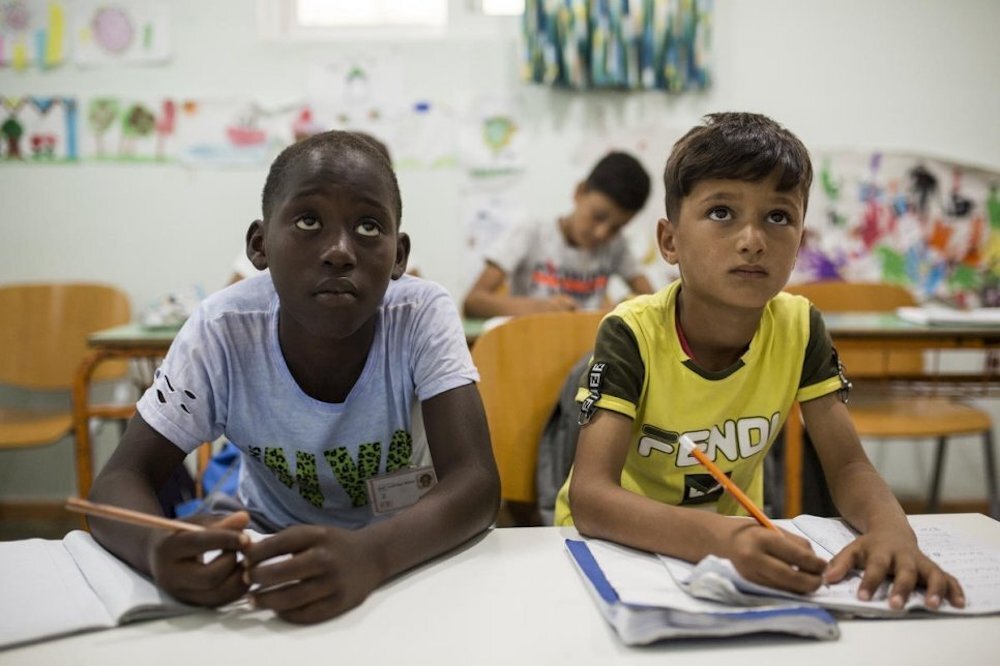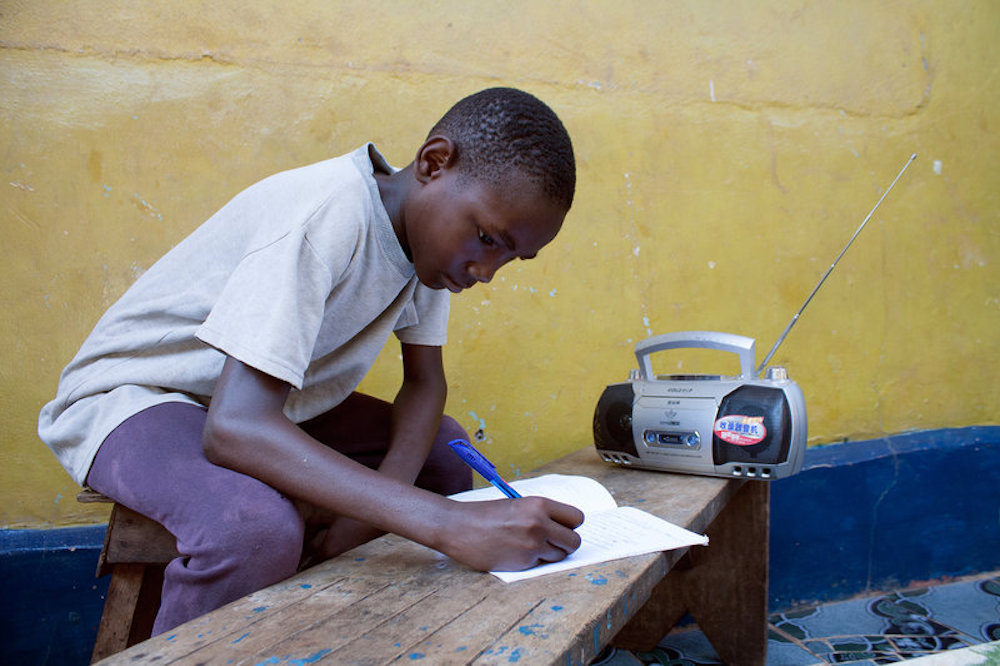
Parents angry as children go back to school in choking Delhi smog
Health and nutrition
Millions of children across Asia are living with the problem of air pollution - and under-fives are particularly at risk, says the WHO.
Choking smog and pollution is still at emergency levels – but thousands of schools have reopened in Delhi today.
That has angered many parents in the world’s most polluted capital city.
“On one hand the government is saying there is a health emergency and on the other they are playing with children’s health. Why open the schools now?” said Ashok Agrawal, president of the All India Parents Association.
“It is so disturbing to see children coughing and struggling to breathe all the way to the school.”
30,000 schools in Delhi and Punjab were closed for three days last week after doctors declared a public health emergency because of the smog caused by farmers burning crop stubble.
The India smog crisis has turned the spotlight on to air pollution and the risk to children.
300 million children live in areas with extreme air pollution – which is where toxic fumes are more than six times the international guidelines, according to a UNICEF report last year. Of those, 220 million are in south Asia and 70 million in east Asia, mainly China.
Two billion – 90% of the world’s children – live in places where outdoor air pollution exceeds World Health Organization (WHO) limits.
In Delhi today, the levels of PM2.5 particles – the smallest and most dangerous kind – topped 500. The WHO says 25 is the most anyone can safely be exposed to over a 24-hour period and anything over 300 is considered hazardous.
Doctors say children are particularly vulnerable to air pollution and this can cause long-term damage to their lungs. Each year, environmental pollutants – including air pollution and lack of sanitation – cost an estimated 1.7 million lives among children under the age of five, says the WHO.
“Their developing organs and immune systems, and smaller bodies and airways, make them especially vulnerable to dirty air and water,” said Director-General Dr Margaret Chan earlier this year.
That was echoed today by Ajay Lekhi, doctor and president of the Delhi Medical Association, who said: “It is a fact that children are particularly vulnerable and more affected by pollution than adults.
“They breathe more air per pound of body weight, so their exposure to air pollution is much greater,” he told the AFP news agency.
A report in the Lancet medical journal said pollution had claimed as many as 2.5 million lives in India in 2015, the highest in the world. According to the WHO database, India has 16 of the world’s 30 most polluted cities.
Despite the complaints by parents, a teachers’ group said: “Collective efforts must be made and closing schools is not a solution.”
Vandana Midha, principal of the Global Indian International School, said: “Children with medical ailments like asthma and bronchitis have been advised to either take leave or wear a mask.”
Primary school teacher Aarti Menon said her family had been wearing face masks, even when indoors.
The mother-of-two added: “Not everyone can afford an air purifier or air-conditioned car. We are all living in hell.”
More news

